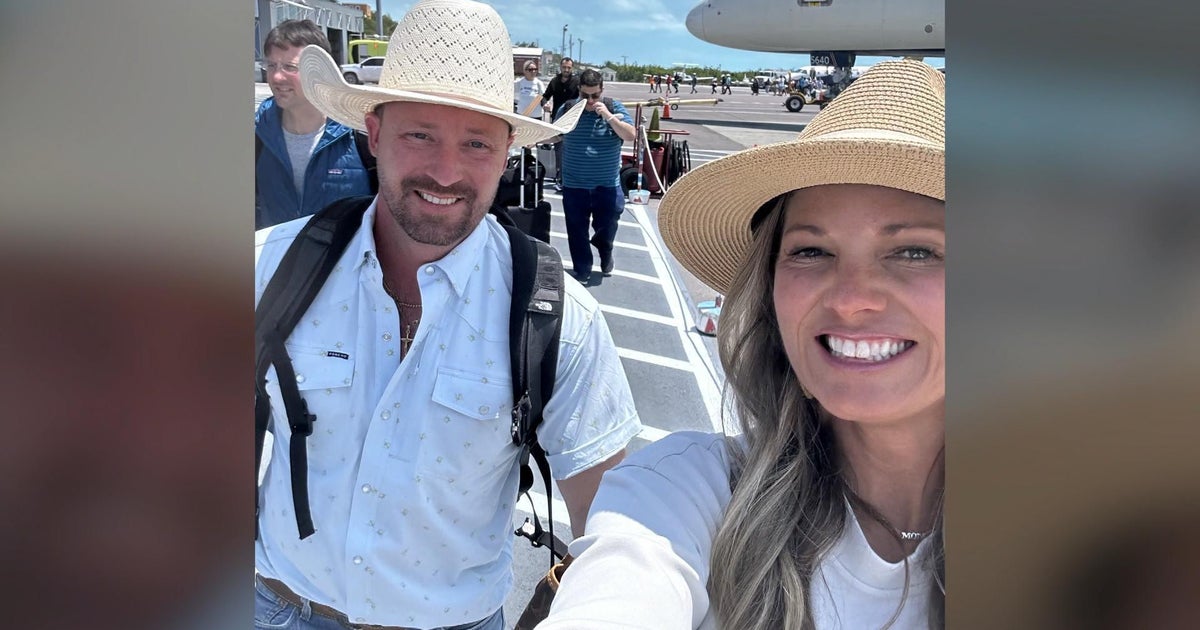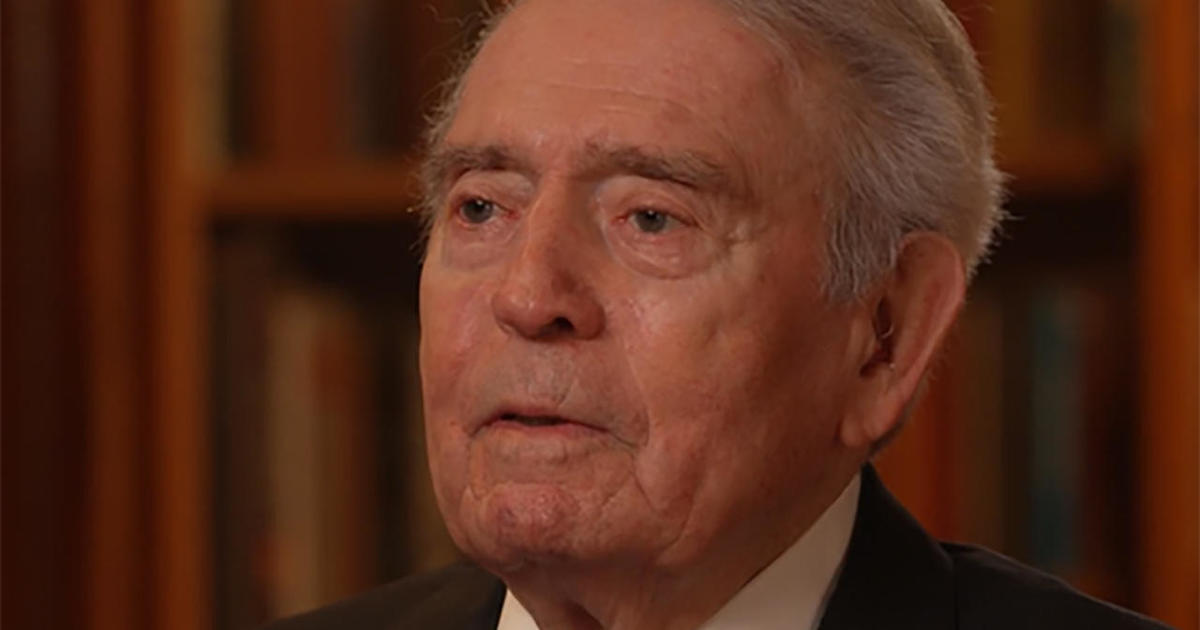Lung cancer screening guidelines updated by American Cancer Society to include more people
In an effort to reduce lung cancer deaths across the country, the American Cancer Society has updated its lung cancer screening guidelines.
The update comes Wednesday, Nov. 1, the start of Lung Cancer Awareness Month, and recommends yearly lung cancer screenings for people aged 50 to 80 years old who smoke or formerly smoked and have a 20-year or greater pack-year history. (Pack-years is the number of packs of cigarettes smoked per day multiplied by the number of years smoked, the organization explains.)
This differs from previous recommendations, which covered people in the 55 to 74 year age range who currently smoked or had quit within the past 15 years and had a 30-year or greater pack-year history.
Expanding the group included in the guidelines should mean about 5 million more Americans are eligible for screening, the American Cancer Society estimated.
"This updated guideline continues a trend of expanding eligibility for lung cancer screening in a way that will result in many more deaths prevented by expanding the eligibility criteria for screening to detect lung cancer early," Dr. Robert Smith, senior vice president of early cancer detection science at the American Cancer Society and lead author of the lung cancer screening guideline report, said in a news release. "Recent studies have shown extending the screening age for persons who smoke and formerly smoked, eliminating the 'years since quitting' requirement and lowering the pack per year recommendation could make a real difference in saving lives."
Lung cancer is the second most common cancer and the leading cause of cancer deaths in the United States, according to the American Cancer Society.
In an interview with CBS News, Dr. Karen Knudsen, CEO of the American Cancer Society, said this trend could be reversed through prevention and screening.
"We were screening too few individuals," she said. "Individuals were not eligible for screening who should have been, whose lives could be saved from earlier lung cancer diagnosis."
The American Cancer Society estimates that if everyone followed the new guidelines, about 21% more lives would be saved.
What is a lung cancer screening?
"The only recommended screening test for lung cancer is low-dose computed tomography (also called a low-dose CT scan or LDCT)," the Centers for Disease Control and Prevention explains. "During an LDCT scan, you lie on a table and an X-ray machine uses a low dose (amount) of radiation to make detailed images of your lungs."
The scan only takes a few minutes and is not painful, the CDC adds.
Screening means getting the test to check for a disease when there are no symptoms or history. The goal is to help spot potential signs of cancer early, when there's a greater chance of better treatment outcomes.
The ACS's new screening recommendations now more closely align with those of the U.S. Preventive Services Task Force, an independent panel of national medical experts whose recommendations help guide doctors' decisions and influence insurance coverage — though they differ on the recommendation for past smokers.
"The USPSTF recommends annual screening for lung cancer with low-dose computed tomography (LDCT) in adults aged 50 to 80 years who have a 20 pack-year smoking history and currently smoke or have quit within the past 15 years," the USPSTF's website states.
Lung cancer survivor Joe Diana, 56, knows all too well the importance of screenings. He received his diagnosis 15 years ago.
"I like to call it a divine intervention that someone had a purpose for me to get cancer, to beat cancer and to help other people do the same," he told CBS News.
As a smoker for 25 years, he needed chemotherapy and surgery to remove his right lung.
"Get screened for the people who love you, so you can be around for them, if you won't do it for yourself," he said.
But nonsmokers can also be at risk.
Dr. Timothy Tiutan, an oncology hospitalist at Memorial Sloan Kettering Cancer Center in New York told CBS News it's a big misconception that smoking is the only risk factor.
"People who don't smoke also get lung cancer," he says. "1 in about every 16 men, who smoke and don't smoke, have a risk for lung cancer in their lifetime and 1 in about 17 women as well."
-Stephanie Stahl contributed to this report.



